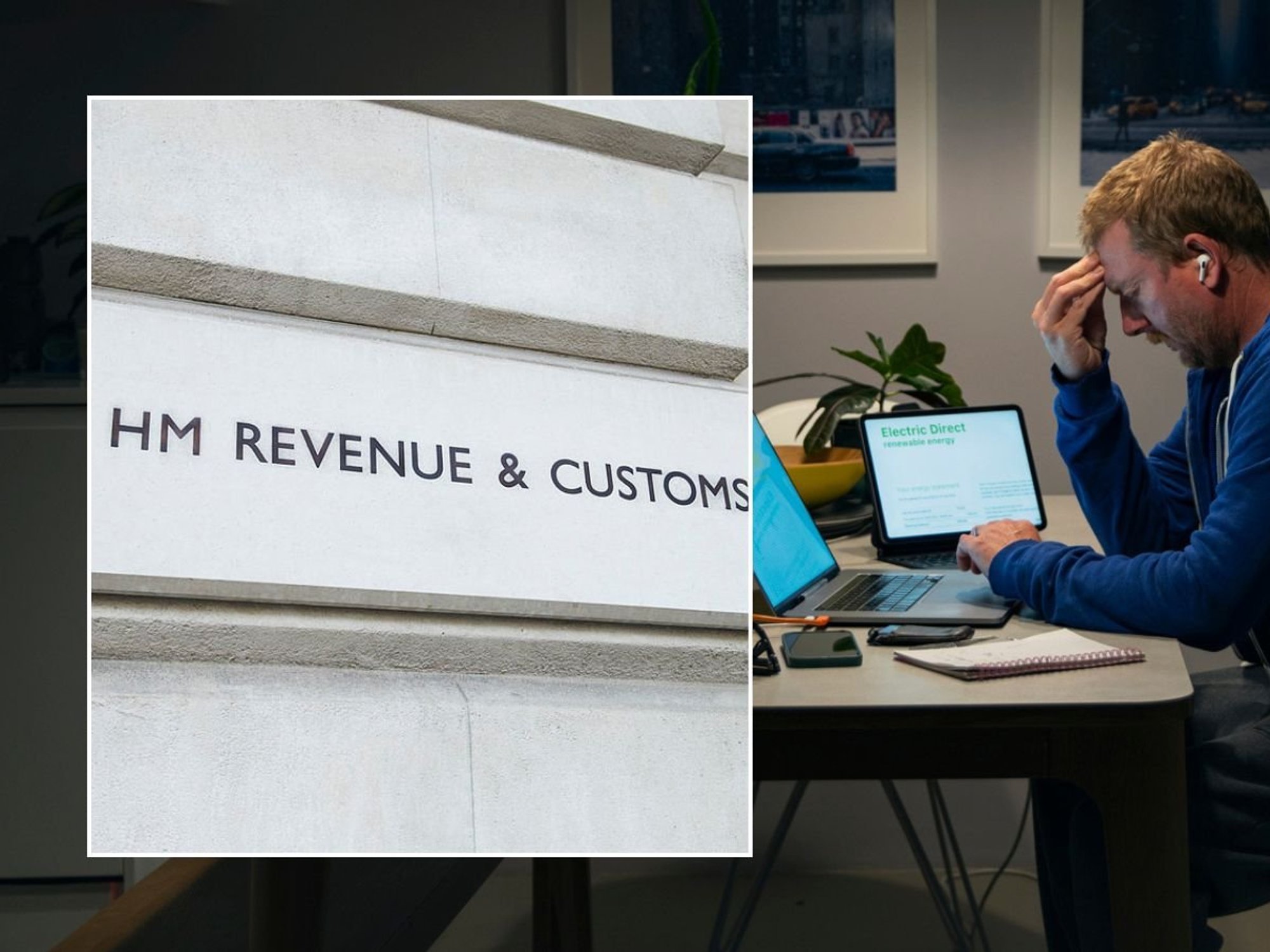Pension savings can be passed on inheritance tax-free – how the rules work

Planning ahead and being aware of inheritance tax allowances are recommended
|GETTY

Pensions can fall outside of an estate for inheritance tax purposes
Don't Miss
Most Read
Latest
Inheritance tax is becoming more of a concern to families due to frozen tax allowances and rising house prices.
While the latest figures show less than four per cent of estates paid inheritance tax in 2020/21, there’s concern more will be at risk of paying the levy in the future.
With plenty of small print affecting how inheritance will be taxed, families may want to consider how to make use of tax allowances earlier rather than later.
The first £325,000 of an estate is exempt from inheritance tax, an allowance known as the nil-rate band, and some may be able to increase their tax-free allowance further.
For example, the residence nil rate band is currently frozen at £175,000 per person, meaning people could potentially pass an estate worth £500,000 to their loved ones without being caught by inheritance tax.
Married couples and civil partners can increase this allowance by transferring the unused allowance to the surviving partner.
Zoe Till, chartered financial planner and partner at the leading East Midlands law firm Nelsons, explained: “The amount of any unused nil rate band can be transferred to the survivor of the marriage or civil partnership to increase the value of the nil rate band available on their death, meaning that up to the first £650,000 of their combined estate is IHT-free.
“Like the standard nil-rate band, unused elements of the RNRB allowance are transferable to a surviving spouse or registered civil partner.
“This means that a married couple with children, or grandchildren can potentially pass on up to £1million without having to pay IHT if the second death occurred this tax year.”
Parts of an estate above the threshold could potentially be subject to the 40 per cent standard inheritance tax rate.
There are various ways in which people can reduce inheritance tax liabilities on parts of an estate over the threshold, such as by utilising gifts allowances.
Another way to pass on wealth is through pensions.
“Pensions are one of the most tax-efficient ways to pass on your wealth, as capital within pensions will fall outside of your estate straight away,” Till said.
“If you pass away before the age of 75, benefits left in a money purchase pension can be paid as a lump sum or drawdown income to any nominated beneficiary, with absolutely no tax to pay.
“If death occurs after the age of 75, any future withdrawals will be taxed at the beneficiaries’ marginal income tax rate.
“However, if the beneficiary does not require any withdrawals, the money can remain in the pension sheltered from IHT on their own estate.
LATEST DEVELOPMENTS:

Less than four per cent of estates pay inheritance tax, according to the most recent figures
|GETTY
"It therefore might make sense to use other investments, such as Individual Savings Accounts (ISAs), to provide a retirement income and retain funds in your pension for as long as possible.
“It is important to seek advice to ensure your pension facilitates this option and does not automatically pay out a lump sum death payment, removing the money from the pension ‘wrapper’.”
Till said it is important to know about different options when dealing with assets and capital during one’s lifetime and on death.
She added: “Planning ahead and seeking advice will help to mitigate any potential inheritance issues.”










